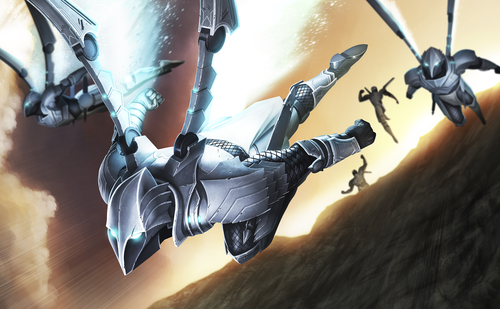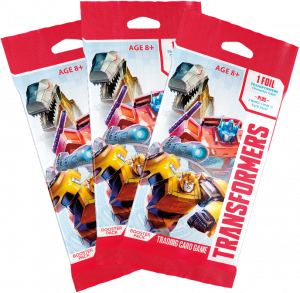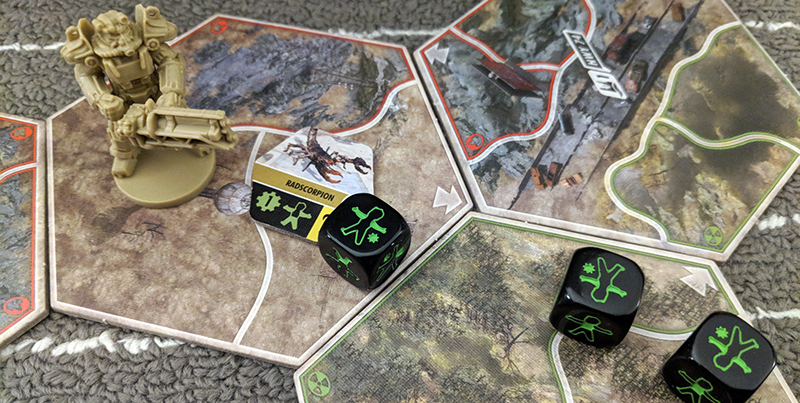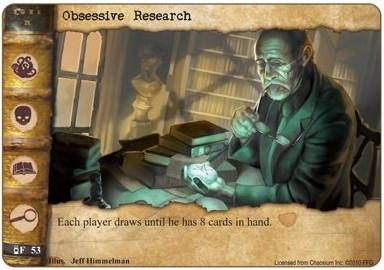Battle for Sularia Review

Overview
This is a card game obviously inspired by Magic the Gathering but with other mechanical leaning toward traditional RTS videogames such as Command & Conquer or Star Craft. You build one type of resource to generate another resource to ultimately cash out by playing combatants. Combatants are therefore actors that can attack the enemy base and potentially destroy sites, while also blocking attacks to prevent site damage. Players take turns attacking sites and trying to deal 25 damage to their opponent.
Components
I can’t quite tell what card stock this is due to not having ripped one yet. If I had to guess, it may be 280gsm and grey core. The card is almost transparent when a light is shone under it but they tried to make up for the cheap stock with a heavy gloss finish. For the price, I think a higher quality card stock should’ve been an absolute in the eyes of the designers. The print quality is overall good, if a bit dark in some areas. However, the game comes play-complete (max playsets of each card, plus some extras) which is a huge plus. Many times, you open one of these expandable card games (usually from Fantasy Flight) and do not get a whole play set of each card, causing you to buy more sets thus increasing the price point beyond what you expected. Full Article


